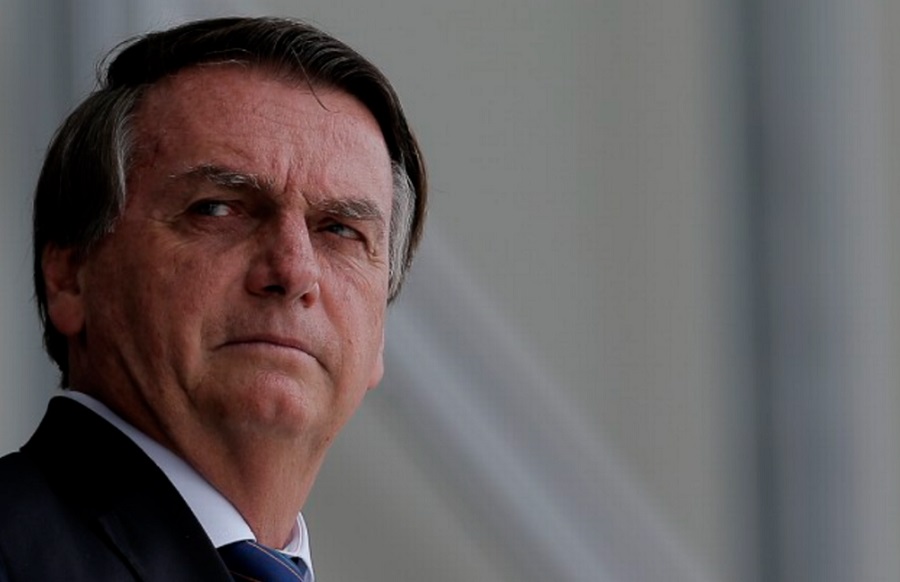RIO DE JANEIRO, BRAZIL – President Jair Bolsonaro’s closest political advisors have warned him that further increasing Brazil’s social spending could jeopardize his re-election chances next year.
The government is continually looking for opportunities to expand and strengthen social policies – including Bolsonaro’s flagship Auxílio Brasil (Brazil Aid) program, which will pay R$400 (US$70.32) a month to some 17 million families – but that can’t be done without fiscal responsibility, according to Minister of Citizenship João Roma.

“The social and economic areas are two sides of the same coin,” said Roma, who oversees the nation’s social policies. “Social improvements must come with fiscal responsibility, otherwise it will give with one hand and take away with the other.”
Economy Minister Paulo Guedes and his team have repeatedly urged fiscal restraint, with varying degrees of success. But Roma and other cabinet members are now also voicing concerns about the impact of additional public spending on financial markets and inflation expectations.
Although Bolsonaro knows his new social program will not be as successful as the R$600 emergency aid given to the poor in 2020, he has been warned of the inflationary risks of aggressively increasing public spending again, according to another member of the President’s political circle, who requested anonymity because the discussion is not public.
Bolsonaro’s popularity reached an all-time high of 40% in September 2020, when his government was disbursing aid to support lower-income Brazilians to cope with the economic impact of Covid-19. Now, despite the President lagging in early polls for next year’s elections, Bolsonaro prefers to limit the aid to R$400 to avert a massive market sell-off than to increase it to R$600, if it means the currency depreciating to over R$6 to the dollar, the source said.
Last year’s massive stimulus brought poverty close to an all-time low. But it also had some unintended consequences: public debt soared to 88.8% of GDP by the end of 2020 and wary investors abandoned the Brazilian real, exacerbating inflation, which is plaguing the post-pandemic world.
Although Brazil’s fiscal position has significantly improved, rising consumer prices, amounting to over 10% annually, have become Bolsonaro’s main headache in the run-up to the October elections, as it depletes the purchasing power of Brazilians and particularly that of the poorest.
Bolsonaro’s efforts to guarantee payments of R$400 next year, which included changes to a key fiscal responsibility law, have again unnerved markets in recent months, prompting the Central Bank to warn that additional pandemic stimulus could fuel inflation next year.
The country’s stocks are among the world’s worst performers, and the Brazilian real is on track for a 5th consecutive year of losses.

